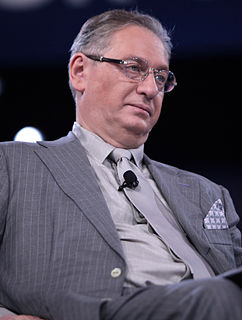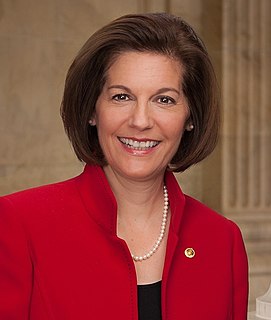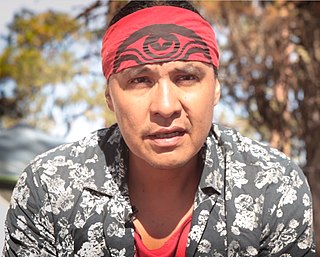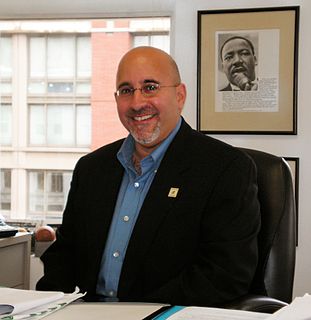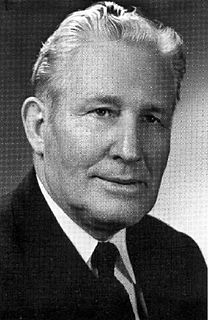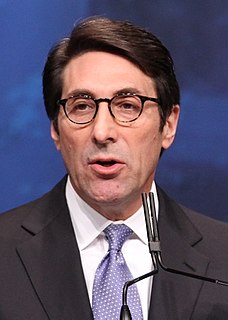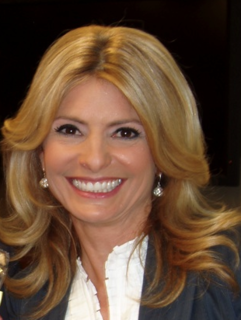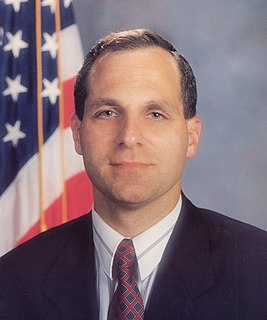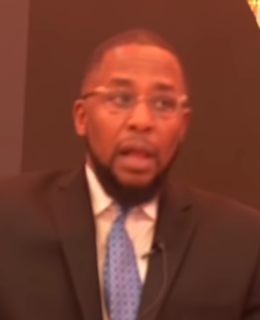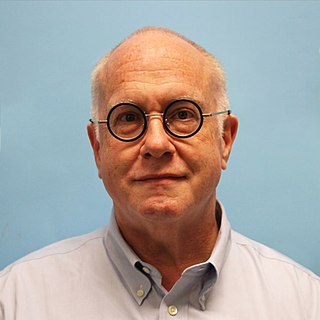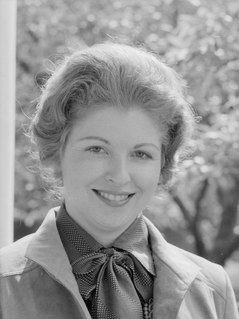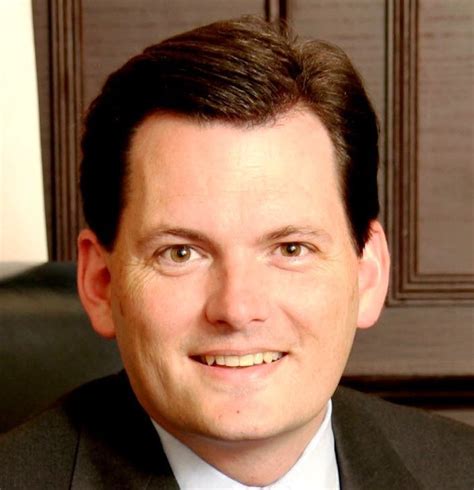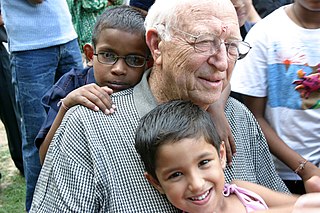Top 9 Quotes & Sayings by David B. Rivkin
Explore popular quotes and sayings by an American attorney David B. Rivkin.
Last updated on April 18, 2025.
The fact that some former national security officials challenge the policy wisdom of the order, while other national security officials - most notably those of this [Donald Trump's] administration - support it, merely demonstrates that these are policy disputes that the judiciary is both ill-equipped and constitutionally barred from arbitrating.
Well-established Supreme Court precedents indicate that states - like the states of Washington and Minnesota - have no equal-protection rights of their own, nor can they vindicate equal-protection rights of their citizens. The same is true about being able to challenge alleged religious discrimination. This limitation on the states' authority to champion such claims is fundamental to our separation-of-powers architecture.
There are a few instances that arise in the unique context of domestic equal-protection challenges to governmental actions that are facially neutral but produce substantial discriminatory impacts on groups of people, based on such suspect classifications as race, nationality, ethnic origin, etc. This doctrine has never been used in foreign affairs.
